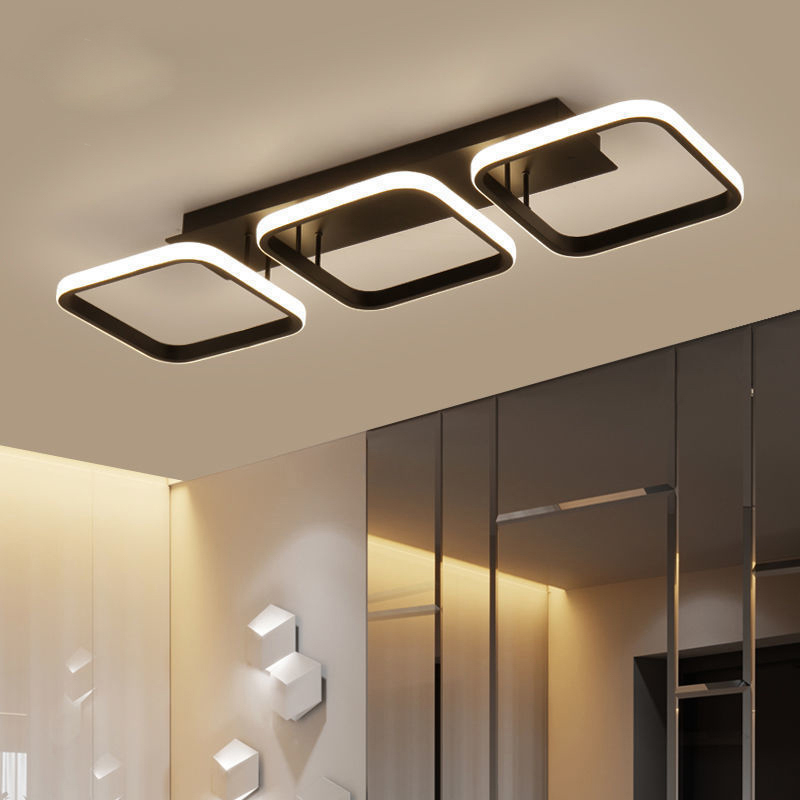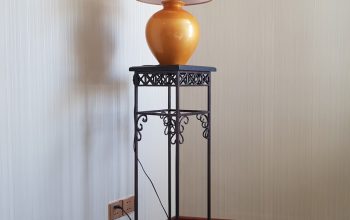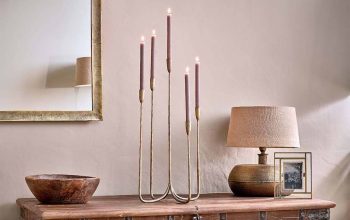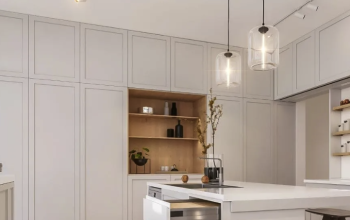Wall lights are a great way to enhance any room in your home. Not only do they provide illumination, but they also add a touch of personality and style to your decor. However, before you go ahead and install wall lights in your home, it’s important to consider the cables that come with them. Wall light cables are not just any cables – they play a crucial role in ensuring the safety and reliability of your lighting system. In this article, we’ll explore why wall light cables are so important and what you need to look for when choosing them.
The Importance of Choosing the Right Wall Light Cables
When it comes to choosing wall light cables, you can’t afford to cut corners. The wrong cables could lead to serious safety issues and could even cause a fire. This is why it’s important to select cables that are high-quality, reliable, and built to last. Here are some tips for choosing the right wall light cables:
Tip 1: Look for High-Quality Materials
The first thing you need to consider when choosing wall light cables is the quality of the materials they are made of. Look for cables that are made of high-quality copper wire and have a tough, durable outer sheath. High-quality materials will ensure that your cables can withstand wear and tear, as well as extreme temperatures.
Tip 2: Check the Cable’s Capacity
Every cable has a specific capacity that determines how much electricity it can handle. It’s important to choose wall light cables that have a capacity that matches the electrical demands of your lighting system. If you choose a cable with a lower capacity than what your system requires, it can overheat and lead to safety issues.
Tip 3: Choose the Right Length
Wall light cables come in different lengths, so it’s important to choose the right length for your needs. If the cable is too short, it can be difficult to install your lights in the desired location. On the other hand, if the cable is too long, it can cause a tripping hazard or become tangled and cause damage to your lights.
The Risks of Choosing Poor Quality Wall Light Cables
Choosing poor-quality wall light cables can lead to a range of safety issues, including the risk of fire. Here are some of the risks associated with choosing poor-quality cables:
Risk 1: Overheating and Fire
If you choose a cable with a capacity that’s too low for your lighting system, it can overheat and cause a fire. Poor-quality cables that are not made of high-quality materials can also overheat and cause a fire.
Risk 2: Electrical Shock
Poor-quality wall light cables may also pose the risk of electrical shock, which can cause serious injury or even death. This is because low-quality cables are more likely to fray or break, which can expose the live wires and cause an electrical shock.
The Benefits of Choosing High-Quality Wall Light Cables
Choosing high-quality wall light cables is essential for ensuring the safety and reliability of your lighting system. Here are some of the benefits of choosing high-quality cables:
Benefit 1: Increased Safety
High-quality wall light cables are designed to handle high electrical loads and are less likely to overheat or cause a fire. This means that they are much safer to use than poor-quality cables.
Benefit 2: Greater Reliability
High-quality wall light cables are more reliable than poor-quality cables. They are less likely to break, fray, or become damaged, ensuring that your lighting system will continue to work as it should.
Benefit 3: Longer Lifespan
High-quality cables are built to last and can withstand wear and tear, as well as extreme temperatures. This means that they will have a longer lifespan than poor-quality cables, saving you money in the long run.
Wall light cables are a crucial component of any lighting system, and choosing the right cables is essential for ensuring the safety and reliability of your system. By choosing high-quality cables that are made of durable materials and have sufficient capacity, you can enjoy stylish and safe illumination in your home. Remember to always choose high-quality wall light cables and consult with a professional if you are unsure about your lighting system’s requirements.




